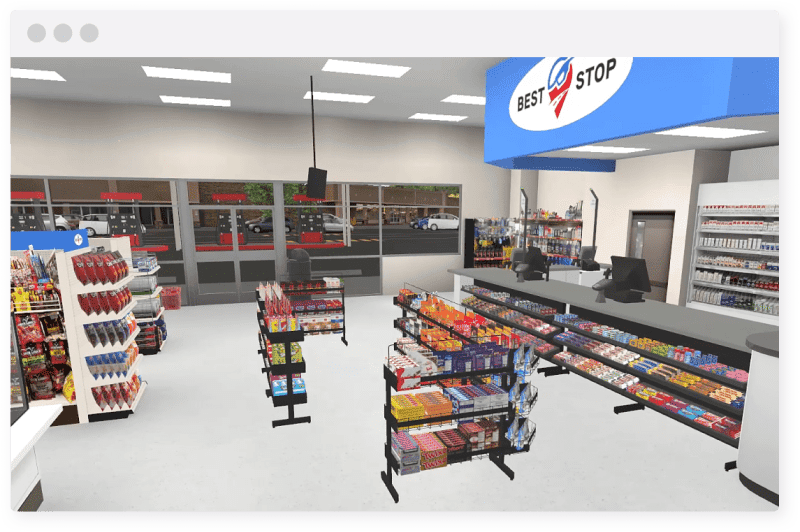
Gas Station Convenience Store for Sale: An In-Depth Guide
Investing in a gas station convenience store (Cstore) can be a lucrative business opportunity. These establishments offer a steady stream of revenue from both fuel sales and convenience store purchases, making them an attractive option for entrepreneurs. This article explores the benefits and challenges of buying a gas station convenience store, providing key insights to help potential buyers make informed decisions.
Understanding the Market
Current Trends and Demand
The gas station convenience store market has shown resilience and growth, even amidst economic fluctuations. As of recent reports, the demand for convenience stores continues to rise due to their strategic locations and the essential products and services they offer. This trend is expected to continue as consumers seek quick and accessible shopping options.
Growth Projections
Industry analysts project steady growth in the convenience store sector, driven by increasing urbanization and the growing trend of on-the-go consumption. This makes investing in a gas station convenience store a potentially profitable venture, provided the right factors are considered.
Key Considerations Before Purchase
Location
Location is critical in the success of a gas station convenience store. High-traffic areas, proximity to highways, and minimal competition enhance the store’s visibility and customer base. It is essential to choose a location that attracts a steady flow of customers, ensuring consistent revenue.
Financial Health
Before purchasing, thoroughly examine the financial health of the business. Review financial records, including sales, expenses, and profit margins. A stable income and minimal outstanding debts indicate a healthy business. It’s advisable to consult with a financial advisor to assess the business’s viability.
Lease Terms
If the property is leased, understanding the lease terms is crucial. Favorable lease terms contribute to the long-term success of the business. Key elements to consider include the duration of the lease, rent escalation clauses, and responsibilities for property maintenance.
Regulatory Compliance
Ensuring the business complies with local, state, and federal regulations, particularly environmental laws related to fuel storage, is vital. Non-compliance can lead to significant fines and legal issues, impacting the business’s profitability and reputation.
Financial Metrics to Evaluate
Gross Sales and Revenue Streams
Gross sales represent the total revenue from both fuel and convenience store sales. Understanding the revenue streams helps in assessing the business’s financial performance and potential for growth.
Net Profit and Cash Flow
Net profit is the income remaining after all expenses are deducted, while cash flow indicates the liquidity of the business. Positive cash flow is essential for covering operational costs and investing in business improvements.
Profit Margins
Evaluate the profit margins for fuel and convenience store items. Convenience stores typically have higher profit margins on goods sold compared to fuel, contributing significantly to the overall profitability.
Inventory Turnover Rates
Inventory turnover rates measure how quickly inventory is sold and replaced. High turnover rates indicate efficient inventory management and healthy sales, positively impacting cash flow and profitability.
Challenges with Unbranded Stations
Unbranded stations offer more flexibility and potentially higher profit margins per gallon but might struggle with customer trust and recognition. Building a loyal customer base can be more challenging without the backing of a well-known brand.
Environmental Regulations
Importance of Compliance
Compliance with environmental regulations is crucial for gas station operations. Proper maintenance of underground storage tanks, regular inspections, and prompt issue resolution are essential to avoid fines and legal liabilities.
Investing in a gas station convenience store (Gas Station Convenience Store for Sale, Cstore) offers diversified revenue streams, high customer retention, and significant profit margins, provided you carefully evaluate factors like location, financial health, and regulatory compliance.
Conclusion
Investing in a gas station convenience store can be a rewarding venture, provided thorough research and due diligence are conducted. Key considerations include location, financial health, lease terms, regulatory compliance, and understanding the market dynamics. By evaluating these factors, potential buyers can make informed decisions and maximize their investment potential.
For more detailed insights and guidance on buying a Gas Station Convenience Store for Sale, visit Lawrence Todd Maxwell’s comprehensive guide. Connect with industry expert advice on Cstore investments.



